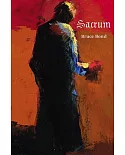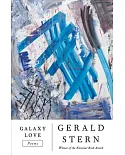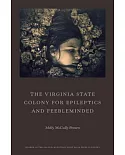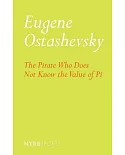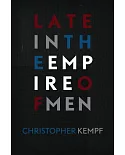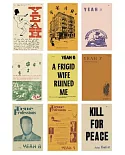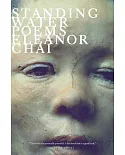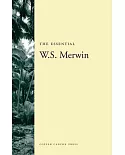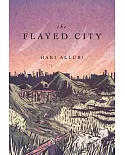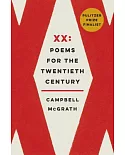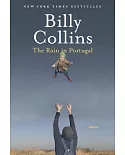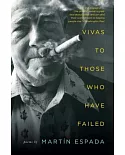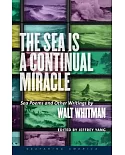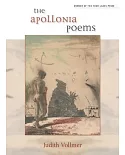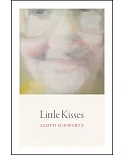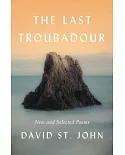How the negotiation between poetic and media discourses takes place is the subject of Marjorie Perloff's groundbreaking study. Radical Artifice considers what happens when the "natural
speech" model inherited from the great Modernist poets comes up against the "natural speech" of the Donahue "talk show," or again, how visual poetics and verse forms are responding to
the languages of billboards and sound bytes. Among the many poets whose works are discussed are John Ashbery, George Oppen, Susan Howe, Clark Coolidge, Lyn Hejinian, Leslie Scalapino, Charles
Bernstein, Johanna Drucker, and Steve McCaffery. But the strongest presence in Perloff's book is John Cage, a "poet" better known as a composer, a philosopher, a printmaker, and one who
understood, almost half a century ago, that from now on no word, musical note, painted surface, or theoretical statement could ever again escape "contamination" from the media landscape in
which we live. It is under his sign that Radical Artifice was composed.



